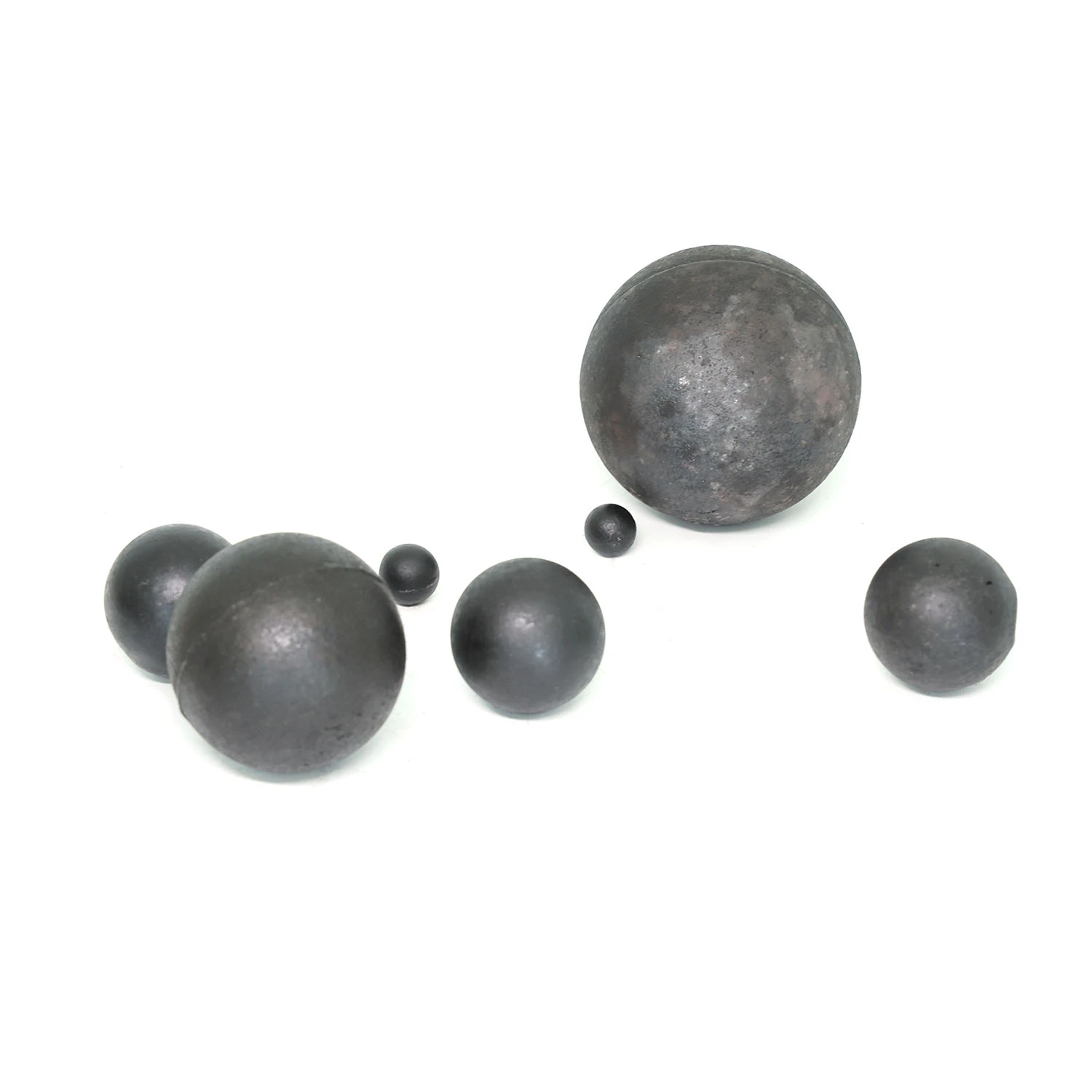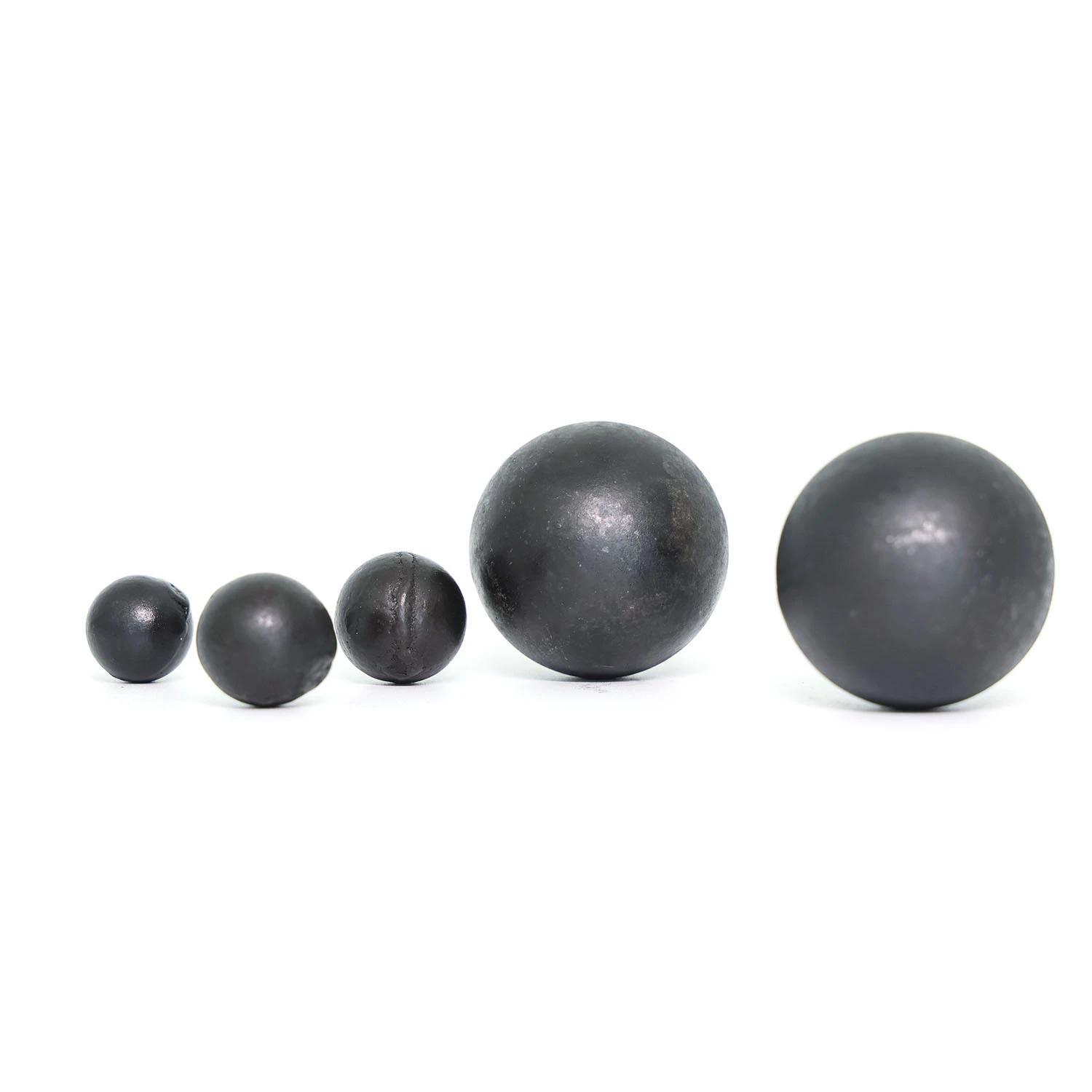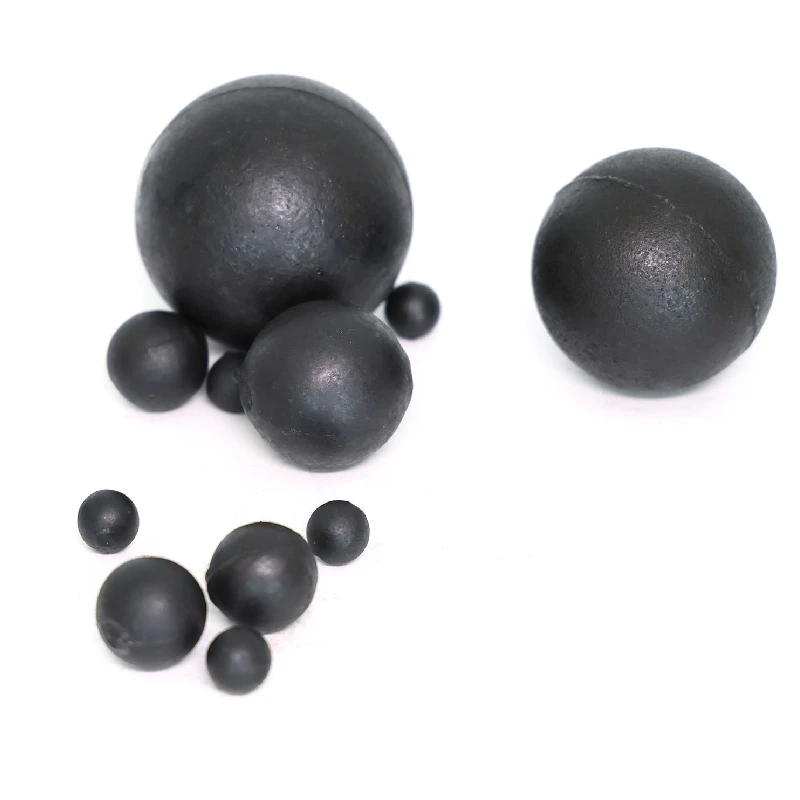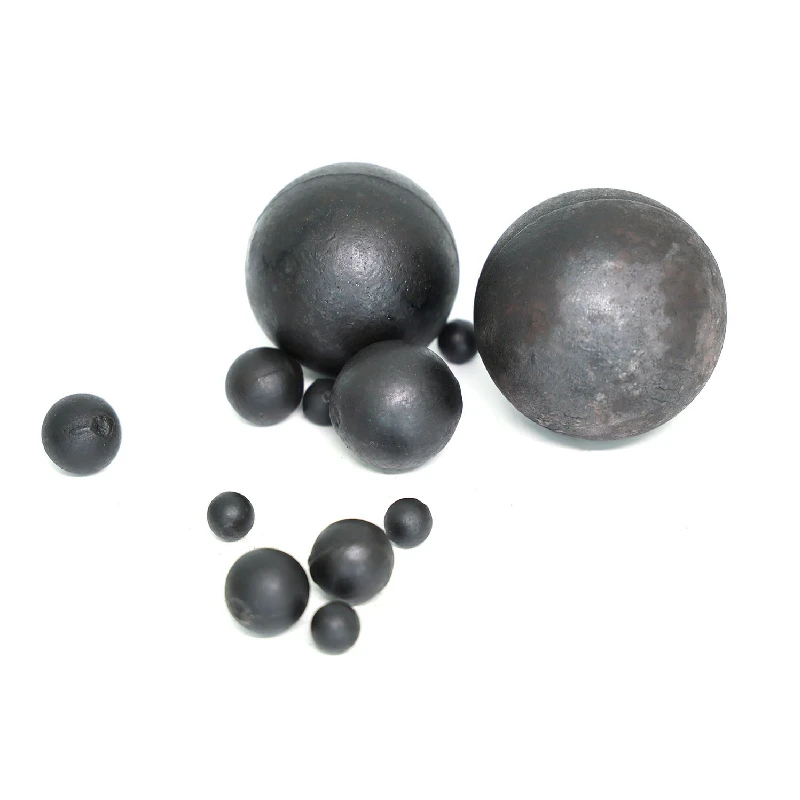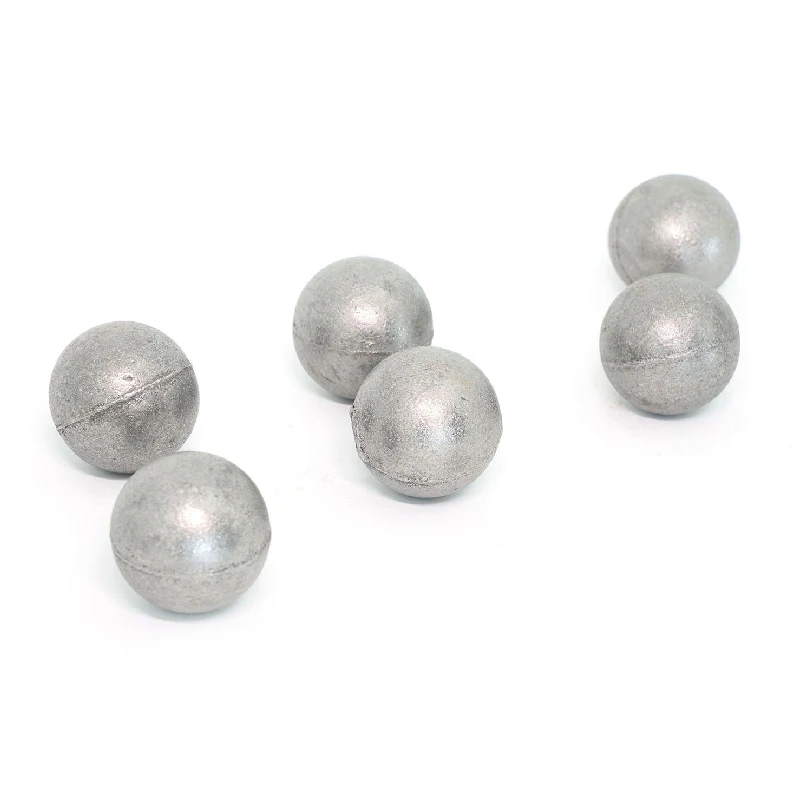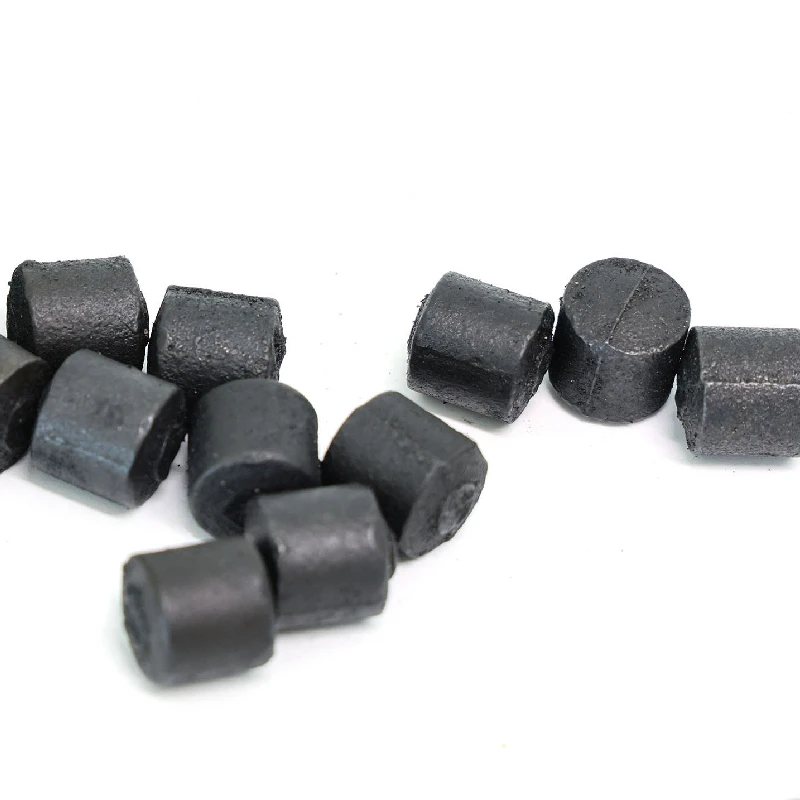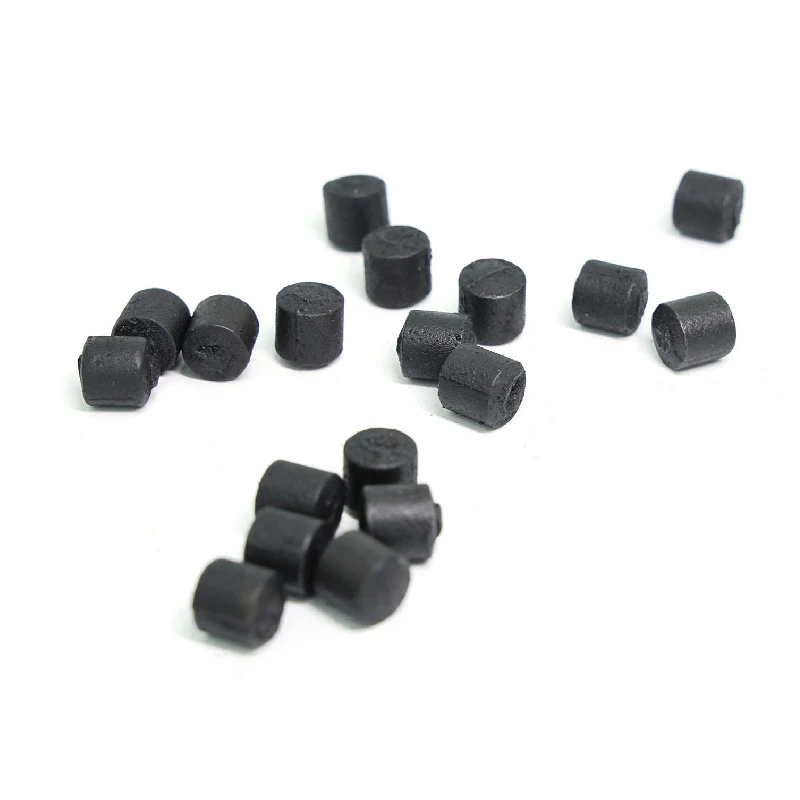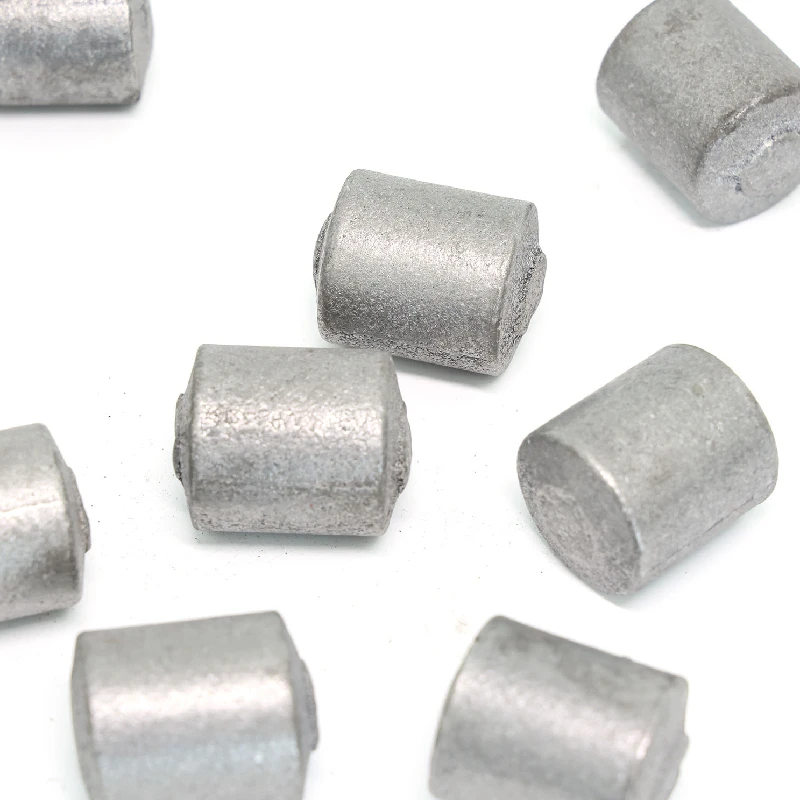- Afrikaans
- Albanian
- Amharic
- Arabic
- Armenian
- Azerbaijani
- Basque
- Belarusian
- Bengali
- Bosnian
- Bulgarian
- Catalan
- Cebuano
- China
- Corsican
- Croatian
- Czech
- Danish
- Dutch
- English
- Esperanto
- Estonian
- Finnish
- French
- Frisian
- Galician
- Georgian
- German
- Greek
- Gujarati
- Haitian Creole
- hausa
- hawaiian
- Hebrew
- Hindi
- Miao
- Hungarian
- Icelandic
- igbo
- Indonesian
- irish
- Italian
- Japanese
- Javanese
- Kannada
- kazakh
- Khmer
- Rwandese
- Korean
- Kurdish
- Kyrgyz
- Lao
- Latin
- Latvian
- Lithuanian
- Luxembourgish
- Macedonian
- Malgashi
- Malay
- Malayalam
- Maltese
- Maori
- Marathi
- Mongolian
- Myanmar
- Nepali
- Norwegian
- Norwegian
- Occitan
- Pashto
- Persian
- Polish
- Portuguese
- Punjabi
- Romanian
- Russian
- Samoan
- Scottish Gaelic
- Serbian
- Sesotho
- Shona
- Sindhi
- Sinhala
- Slovak
- Slovenian
- Somali
- Spanish
- Sundanese
- Swahili
- Swedish
- Tagalog
- Tajik
- Tamil
- Tatar
- Telugu
- Thai
- Turkish
- Turkmen
- Ukrainian
- Urdu
- Uighur
- Uzbek
- Vietnamese
- Welsh
- Bantu
- Yiddish
- Yoruba
- Zulu
May . 31, 2025 06:43 Back to list
High-Durability Chrome Grinding Balls Wear-Resistant & Cost-Effective
- The Critical Role of Chrome Grinding Balls in Industrial Processes
- Breaking Down the Investment: Production Factors Behind Premium Ball Pricing
- Engineering Superiority: Why Chrome Steel Dominate Grinding Applications
- Manufacturer Comparison: Performance Metrics of Chrome Ball Producers
- Customization Capabilities for Specialized Industrial Requirements
- Industry Applications: Chrome Balls Driving Operational Efficiency
- Future Outlook: Chrome Grinding Balls as Strategic Assets for Industrial Operations
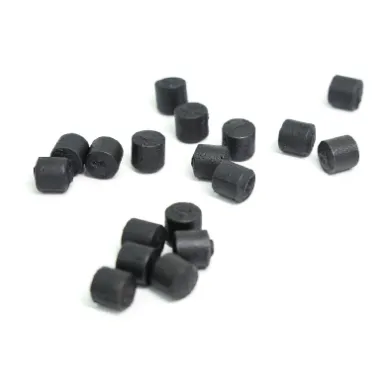
(boule de chrome)
The Critical Role of Chrome Grinding Balls in Industrial Processes
High-density chrome grinding balls form the operational backbone of mineral processing, cement manufacturing, and mining operations globally. These precision components withstand extreme abrasion while maintaining structural integrity during prolonged operation cycles. Manufacturing these specialized components requires exacting metallurgical processes involving chrome alloy composition control and heat treatment precision. Many processing plants report 30-45% increased throughput after switching to premium-grade chrome media compared to standard steel alternatives. This efficiency gain directly correlates to measurable cost savings despite higher initial investment.
Breaking Down the Investment: Production Factors Behind Premium Ball Pricing
The manufacturing process dictates the significant cost differentials observed in chrome grinding media. Premium products undergo vacuum melting where argon gas purging eliminates impurities, increasing production costs by approximately 60% but delivering unmatched homogeneity. Chromium content typically ranges from 10% to 32%, with high-chrome alloys (over 18% Cr) commanding 25-40% price premiums due to enhanced corrosion resistance. Forged variants cost 15-20% more than cast alternatives but offer 50% longer service life in SAG mills. Heat treatment cycles account for 35% of total production energy expenditure, critical for achieving HRC 60-66 hardness that reduces wear rates to 90g/ton of processed material.
Engineering Superiority: Why Chrome Steel Dominate Grinding Applications
Advanced chrome grinding balls demonstrate unparalleled performance characteristics essential for heavy industrial applications. The precisely engineered carbide network in high-chrome compositions creates micro-hardness points at HV 800-1200, dramatically reducing material loss during impact. Testing reveals these specialized alloys maintain dimensional stability through 14,000+ operational hours compared to 7,500 hours for standard media. The retained austenite structure provides unique fracture resistance, lowering breakage rates below 0.8% even in high-impact environments. Surface sphericity maintained within 0.05mm tolerance ensures consistent particle size reduction, improving downstream recovery rates by up to 3.5 percentage points.
Manufacturer Comparison: Performance Metrics of Chrome Ball Producers
| Manufacturer | Cr Content (%) | Hardness (HRC) | Wear Rate (g/ton) | Breakage Rate (%) | Premium Surcharge |
|---|---|---|---|---|---|
| Standard Grade | 10-12 | 54-58 | 170-200 | 2.8-3.5 | 0% |
| Mid-Grade Alloy | 14-16 | 58-60 | 120-140 | 1.5-2.0 | 25-30% |
| High-Chrome Premium | 24-28 | 63-66 | 85-95 | 0.7-0.9 | 50-65% |
| Specialized Forged | 26-30 | 66-68 | 65-75 | 0.4-0.6 | 85-100% |
Customization Capabilities for Specialized Industrial Requirements
Leading manufacturers develop tailored chrome ball solutions addressing unique operational parameters including slurry chemistry, mill dimensions, and throughput targets. Custom chromium-carbide formulations withstand pH extremes from 2.5 to 13 without accelerated corrosion. Diameter variations between 15mm to 125mm accommodate specific particle size reduction requirements, with surface-finish options altering flow characteristics in vertical mills. Some copper mines utilize copper-infused alloys providing 22% lower friction coefficients while maintaining hardness specifications. These advanced formulations typically require minimum orders of 50 metric tons with 12-16 week lead times but deliver ROI within 8 months through extended service intervals.
Industry Applications: Chrome Balls Driving Operational Efficiency
Gold extraction facilities utilizing 32% Cr grinding media report 15% increase in recovery yield due to consistent particle liberation. In cement production, specialized low-friction balls reduce power consumption by 11 kWh per ton of clinker. Mining operations processing abrasive iron ore extend ball replacement cycles from 2.5 to 4 months using premium forged variants despite 65% higher unit pricing. Ceramic manufacturers leverage chrome balls with zirconia coatings that withstand temperatures exceeding 350°C during glaze milling. The abrasives industry benefits from precisely calibrated ball-size distributions improving particle uniformity while reducing oversized rejects by 18%.
Future Outlook: Chrome Grinding Balls as Strategic Assets for Industrial Operations
Demand for specialized chrome grinding media will continue its upward trajectory, driven by ore grade decline requiring finer particle liberation. Advanced manufacturing techniques like electromagnetic stirring during solidification promise 15-20% improvement in carbide distribution uniformity by 2025. Composite structures featuring gradient hardness profiles are entering field testing, potentially reducing wear rates below 50g/ton. Increasing chrome ball density beyond current 7.8g/cm³ limits represents the next frontier, with experimental tungsten-chrome alloys showing early promise at lab scale. These ongoing developments cement chrome balls as indispensable components where operational efficiency outweighs initial acquisition costs.
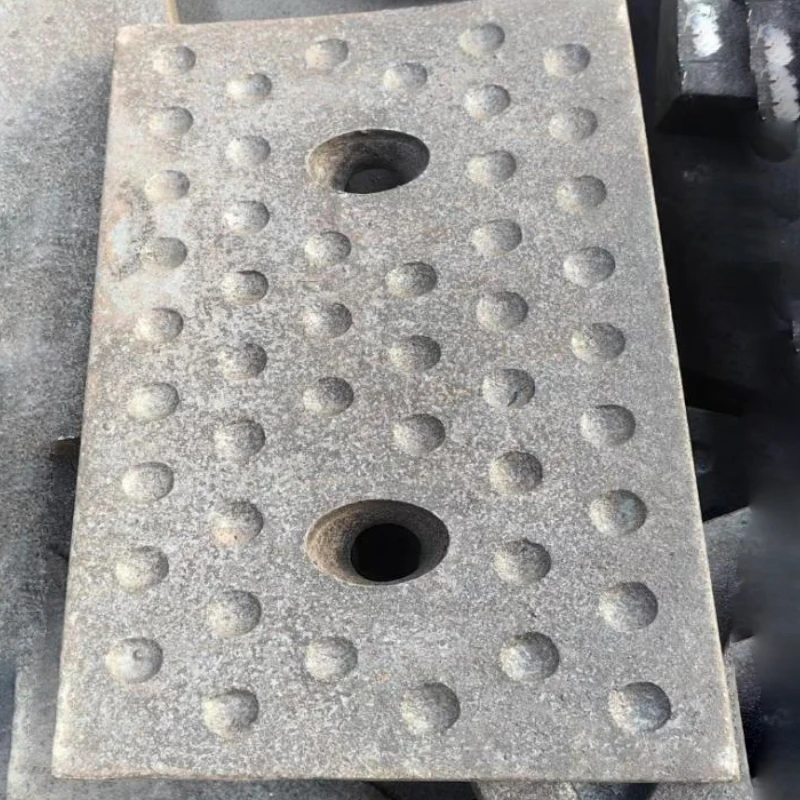
(boule de chrome)
FAQS on boule de chrome
Q: Why is the price of high chrome grinding balls so expensive?
A: High chrome grinding balls are costly due to their premium material composition, advanced manufacturing processes, and exceptional durability, which justify their higher price in industrial applications.
Q: What distinguishes chrome-plated steel grinding balls from high chrome grinding balls?
A: Chrome-plated steel balls have a thin chrome layer for surface protection, while high chrome balls are alloyed with chromium during production, offering superior wear resistance and corrosion prevention.
Q: What are the advantages of using chrome grinding balls in milling processes?
A: Chrome grinding balls provide high hardness, reduced wear rates, and extended service life, making them ideal for grinding abrasive materials in mining and cement industries.
Q: In which industries are chrome grinding balls most commonly used?
A: They are widely used in mining, cement production, thermal power plants, and chemical industries for efficient material grinding and minimal operational downtime.
Q: How does the chromium content affect the performance of grinding balls?
A: Higher chromium content enhances hardness, corrosion resistance, and grinding efficiency, ensuring longer-lasting performance in harsh environments compared to low-chrome alternatives.
-
Grinding Cylpebs and Their Impact on Milling Efficiency
NewsDec.27,2024
-
Art of Choosing and Loading Mill Media
NewsDec.27,2024
-
Maximize Your Milling Efficiency with the Right Grinding Media
NewsDec.18,2024
-
Importance and Applications of Ceramic Milling Media in Various Industries
NewsDec.18,2024
-
High Chrome Steel Grinding Balls
NewsDec.18,2024
-
High Chrome Grinding Media Balls and Their Role in Industrial Milling
NewsDec.18,2024
Realted Products


